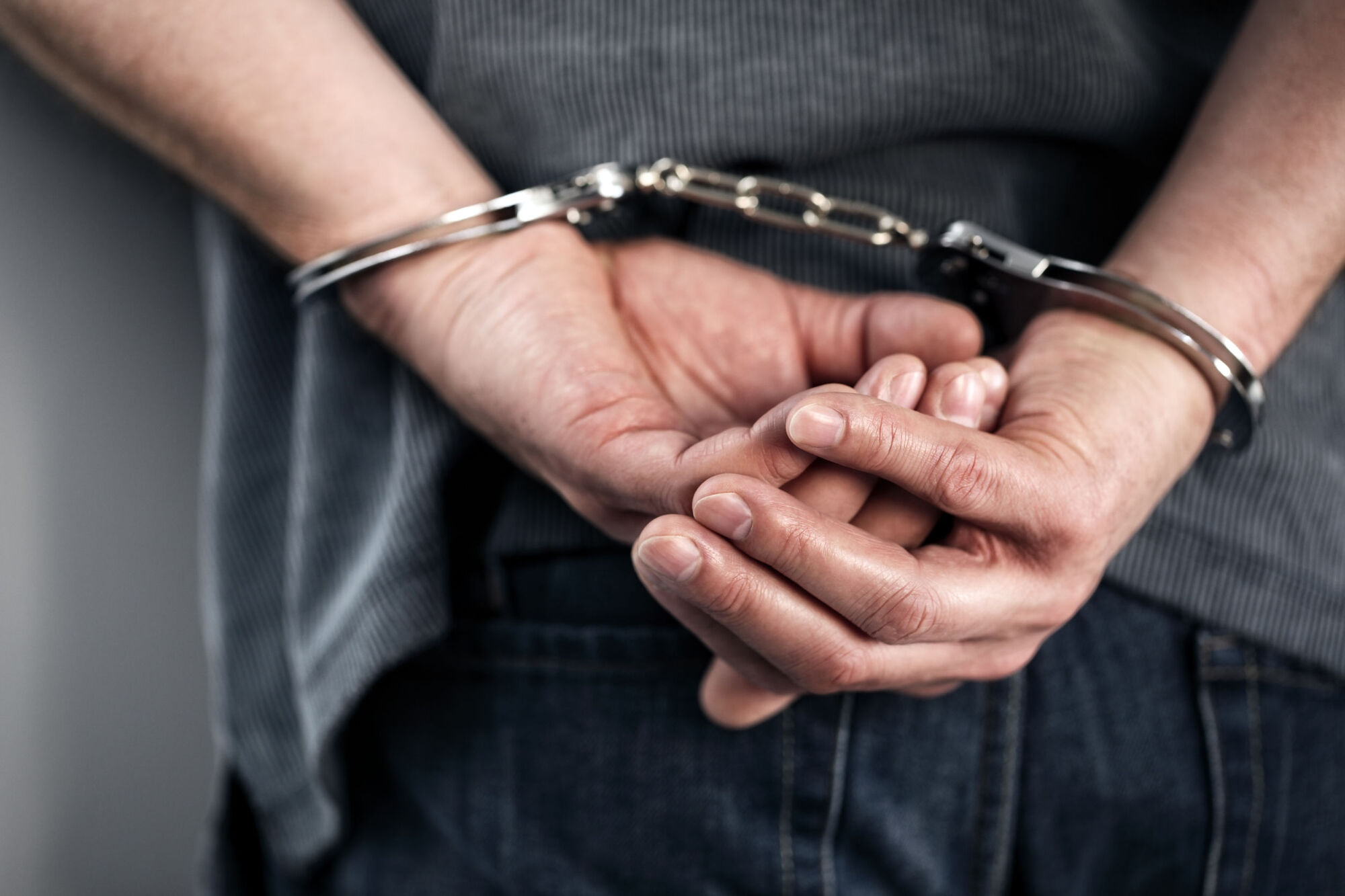In this article
For some families, their reputation and place in the community is so important to them that they are willing to hurt those whose behaviour they believe damages their family honour in some way.
People who are abused and victimised, usually by those close to them, for bringing shame or scrutiny upon their family are said to be victims of honour-based violence.
Honour-based violence can take many forms, from verbal abuse and coercive control to extreme acts such as kidnapping or murder. This type of abuse is usually perpetrated by family members, including extended family, or those very close to the victim.
There have been sensational examples in the media of girls being forcibly removed from their lives in the UK and sent abroad to get married to someone they do not know, or even killed by their parents. It is important to remember that honour-based violence can be more subtle, especially at first, and thus less easy to identify.
It can take forms such as:
- Threats or verbal abuse.
- Control (financial, psychological, physical).
- Family disownment.
- Isolation/restrictions of freedom.
The more physical aspects of honour-based violence
- Physical violence or sexual abuse.
- Forced marriage.
- Female Genital Mutilation (FGM)
- Kidnapping.
- Murder (also known as honour killing).
The reason that families choose to perpetrate honour-based violence is often perceived as being motivated by religion, culture or patriarchy.
It is vital to view honour-based violence as a form of domestic abuse that is motivated almost entirely by the desire of an individual or family to control another person, rather than anything that is based in scripture or a particular belief system or doctrine.
For the year 2019/20, police in England and Wales recorded 2,024 incidents of honour-based abuse in the UK, including 74 cases of FGM and 140 forced marriage offences. Not all police forces are adequately resourced or trained to deal with the extent of honour-based crime in the UK. Charities have campaigned in recent years for police to tackle the under-reporting of these crimes and to improve the way they are dealt with.
Incidents of any kind of domestic violence, including honour-based crime, are significantly less likely to be allowed to occur within a community where people feel confident and empowered to recognise and speak out against them. This is why education around the subject is so important.

Signs of honour-based violence
The CPS in the UK does not have a specific law that encompasses honour-based crime. There are existing laws that already cover the offences associated with honour-based violence and it is viewed in legal terms as a violation of human rights and/or domestic or sexual abuse. Specific legislation around domestic violence or assault, rape, threatening behaviour, kidnapping, manslaughter and murder can all be used to prosecute honour-based crimes.
Forced marriage (FM) and female genital mutilation (FGM) are illegal in the UK and there is specific legislation regarding both that has been written into law.
Often people within the communities where honour-based abuse is taking place do not speak up against it and this allows the cycle of violence to continue.
People may not want to address what they believe is taking place out of:
- Fear (repercussions for themselves or their loved ones if they speak out).
- Distrust of the police/authority figures.
- A belief that what happens in other families is private.
- Lack of understanding that the abuse is wrong.
- Having close relationships with perpetrators and not wanting them to be prosecuted.
It is not uncommon for victims of honour-based violence to quickly ‘disappear’ from their communities.
This could be because they have been locked inside their house as punishment for what their family believes are dishonourable actions, because they have been sent abroad to get married or live with family members or, in extreme cases, because they have been killed. Taking note of, and addressing, early warning signs of honour-based violence can help to prevent the abuse getting to this stage.
Some signs you may notice in friends, classmates or colleagues that may indicate they are living in fear of honour-based abuse could be:
- Unexplained absences from school or work (especially lengthy ones).
- Decline in performance at school, work or college.
- Depression, anxiety or suicidal thoughts.
- Physical changes – weight loss, unexplained marks or bruising to their face or body.
- Extreme secrecy about relationships (for example begging friends or a partner not to tell anyone that they have a boy/girlfriend, going to great lengths to hide it).
- Their communications, such as mobile phone or social media, are monitored or restricted (especially if they are over 16 years old).
- They are strictly forbidden from wearing certain clothes, make-up etc and are expressing anxiety over it or significantly changing their appearance before returning home.
- They express feelings of being unsafe at home or scared of their family.
Other forms of honour-based abuse
As well as psychological and physical abuse, honour-based violence can also include sexual violence and rape, forced pregnancy or abortion, and neglect – this could include withholding food, water or medication and failure to provide medical attention to a victim.
Members of the LGBTQ+ community are at significant risk from honour-based abuse as their identity may be perceived as somehow deviant by their families and therefore indicative of dishonour or shame.
It is not uncommon for people to be anxious about discussing their sexuality with their family, but showing extreme fear around this, going to excessive lengths to hide it or being forced to live a lie, especially within a family that adheres very strictly to tradition in other ways, could indicate an abusive situation.
If you have reservations about whether someone is suffering from honour-based violence or any kind of domestic abuse, the most important thing is to let them know that they can talk to you or signpost them to an organisation that can help them.
Victims may be very unwilling to open up about this type of abuse through both fear and shame and because the perpetrators are typically their close family, therefore they might have conflicting feelings about getting them into trouble.
You may want to keep a diary of any signs of abuse that you notice. This could provide vital evidence if the case ever went to trial in the future. Make sure the person that you believe is suffering from abuse knows of a safe space to go if they are ever in fear of their life. Most importantly, let them know that they can trust you, that you believe them and that there is help and support out there for anyone in this situation.
Who does it impact?
Honour-based violence disproportionally affects females in the UK and they are far more likely to become victims than men. That does not mean that there are never male victims or female perpetrators.
It is not uncommon for honour violence to be perpetrated by a victim’s mother, mother-in-law, sister, aunty or grandmother. This can be either by them being a direct perpetrator of the abuse, or an indirect perpetrator by ignoring the violence, failing to protect the victim or not making a report to authorities.
In any kind of domestic abuse situation, it is important to remember that it is never the victim’s fault. Perpetrators of abuse, including honour-based violence, are choosing to react the way they do and there is never any justification for this.
However, some of the common triggers for honour-based violence might include:
- A refused marriage proposal.
- A forbidden relationship (either one taking place outside of marriage or not within the class, culture or gender a family demands).
- Request for a divorce.
- Pregnancy or failure to become pregnant.
- Failure to submit to a strict dress code (this might include small incidents such as wearing make-up or having too much skin on show).
According to the Halo Project, there are approximately 12-15 honour killings reported each year in the UK. Honour-based crimes are frequently surrounded by lies, secrecy and cover-up therefore many crimes may go unreported and unpunished.
Honour-based violence is more prevalent within groups that reject secular values and have strict belief systems, especially regarding subjects like sex, relationships and gender roles.
When women’s bodies are regarded as property, the idea is that she ‘belongs’ to her parents until adolescence when she will become the property of her husband. Behaviour that is seen to reject this, is perceived as disrespectful and bringing shame upon the family. Any community that sees female autonomy as inherently threatening is one where honour-based violence can thrive.
Although typically associated with families and communities that uphold strict traditional values, it is vital not to view honour-based violence through the lens of ‘us versus them’. The only way to address the problem of honour-based abuse within any community is through education, support and holding the perpetrators to account for their actions.
Honour-based violence is most frequently aimed at women and girls, however, data released by the Forced Marriage Unit in 2016 revealed that in 20% of cases in England and Wales the victims of FM were male.
Males are especially at risk of becoming a target for honour-based violence if they enter into a relationship with a partner whose family perceive the relationship to be a cause of shame. This might include an LGBT relationship, dating or having physical relations outside of marriage or dating outside of the class, caste, religion or ethnicity the family approves of.
There is also a growing amount of research that indicates that while the overwhelming percentage of perpetrators of honour violence are male, females are more likely to perpetrate honour-based violence than any other type of domestic abuse.
Research by the University of Bristol examined 162 cases from 2010-2015 and found only 4% to have a female perpetrator. However, once they looked at cases that involved a secondary perpetrator, they revealed that the number went up to 50%. This suggests that females may play a supporting role in some cases of honour-based abuse, despite rarely being the driving force behind it. They went on further to reveal that in the majority of cases it was the victim’s mother (52%) or mother-in-law (28%) that was involved in the abuse.
Honour-based violence can affect people of any age, though adolescents are often highly vulnerable to becoming victims. Adolescence is a time where bodies are developing, hormones are raging and traits of perceived ‘rebellion’ are often observed. Abuse will often begin in the family home. It is important to remember honour-based violence can also be linked to child abuse, spousal abuse and elder abuse, as the cycle of violence goes unchecked and perpetuates. Victims will often be abused on multiple occasions, sometimes by multiple perpetrators.
Crimes such as honour-based violence affect the victims, their family members and the wider community. As community members, friends, colleagues, classmates, teachers, religious leaders, health workers and police officers – we all have a part to play in identifying, reporting, addressing and prosecuting these crimes. If you see the signs of any kind of domestic abuse, do not simply ignore them.

Support for anyone suffering from honour-based violence
Anyone who experiences honour-based violence are hurt by the people who they should be able to trust the most. The fear of abuse from their own family leaves people feeling scared, alone and isolated. There is no need to suffer in silence and there are many brave survivors who have spoken out against honour violence and rebuilt their lives.
If you or someone that you know is a victim of honour-based abuse, contact one of the many organisations out there that are trained to help.
Karma Nirvana is a registered charity in the UK, dedicated to helping victims of forced marriage and honour-based crime. Call them for free on 0800 5999 247.
Individual police forces in the UK should all have received some training on honour-based violence, and charities such as True Honour are dedicated to offering training regarding honour-based violence, FGM and forced marriage to frontline professionals, including:
- Police forces.
- GPs and NHS workers.
- Local authorities.
- Education establishments.
- Legal professionals.
True Honour also offer advice and support to victims of all types of honour-based violence. They can be contacted by phone on 07480 6217110 or email at contact@truehonour.org.uk
Refuge have been providing help and support to women and children escaping from domestic abuse since 1971. They have support and outreach services available for victims of domestic violence, stalking, rape, FGM and honour-based abuse. Their free helpline is open 24 hours a day on 0808 2000 247.
In an emergency situation or if someone is in immediate danger, call the police on 999, or to report concerns or a non-emergency situation, call 101.






